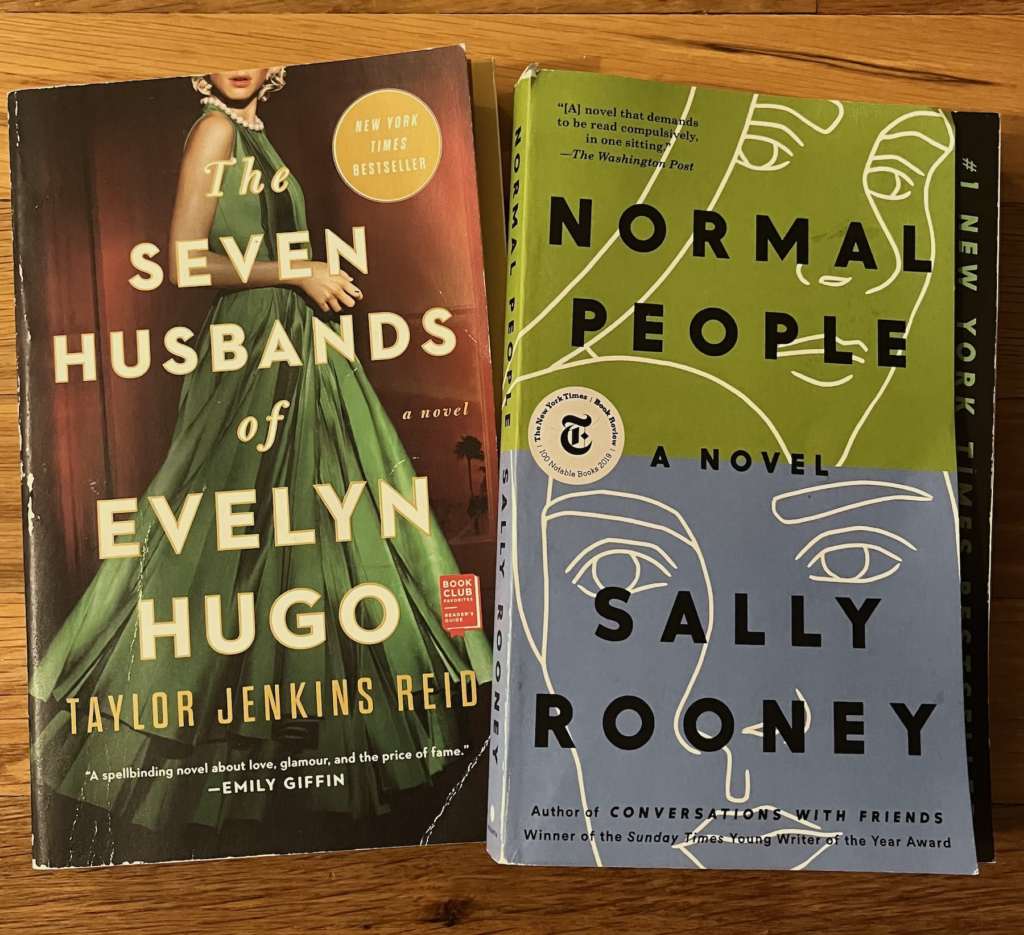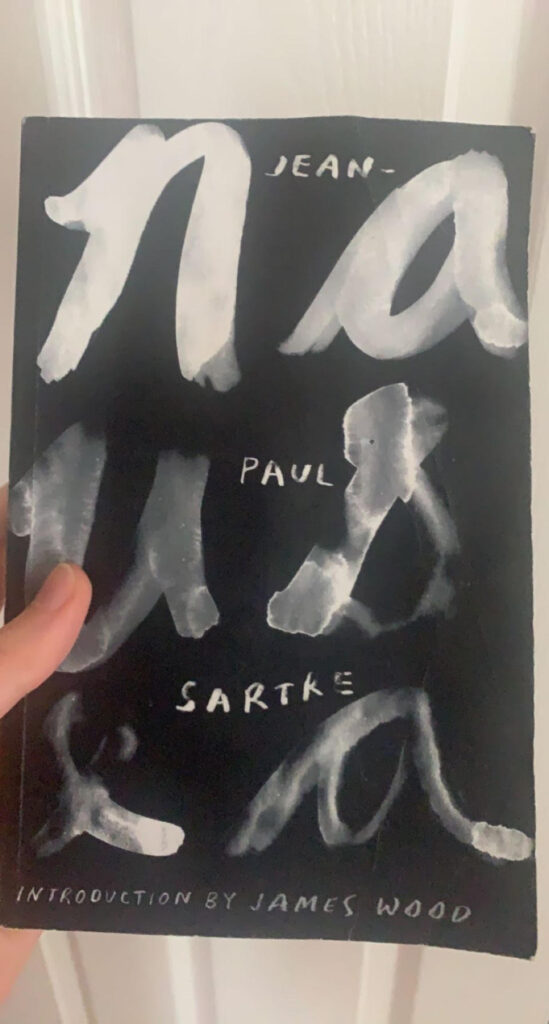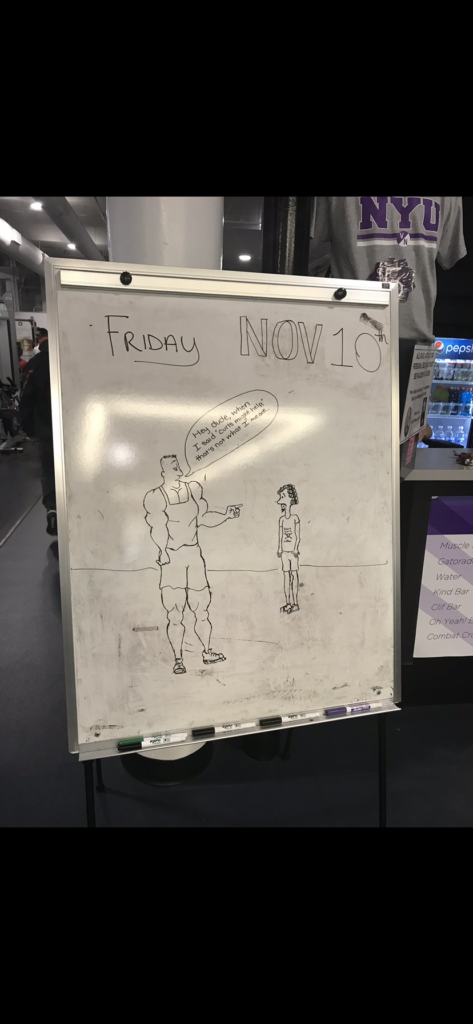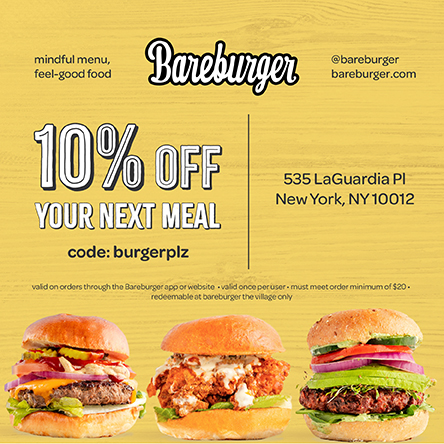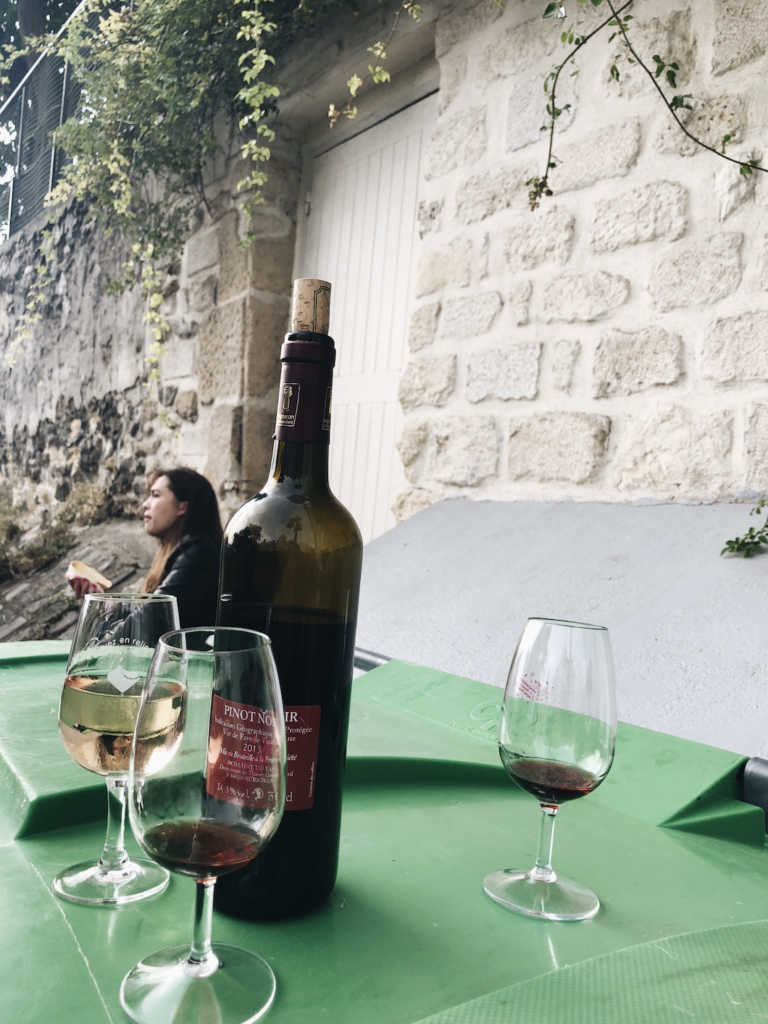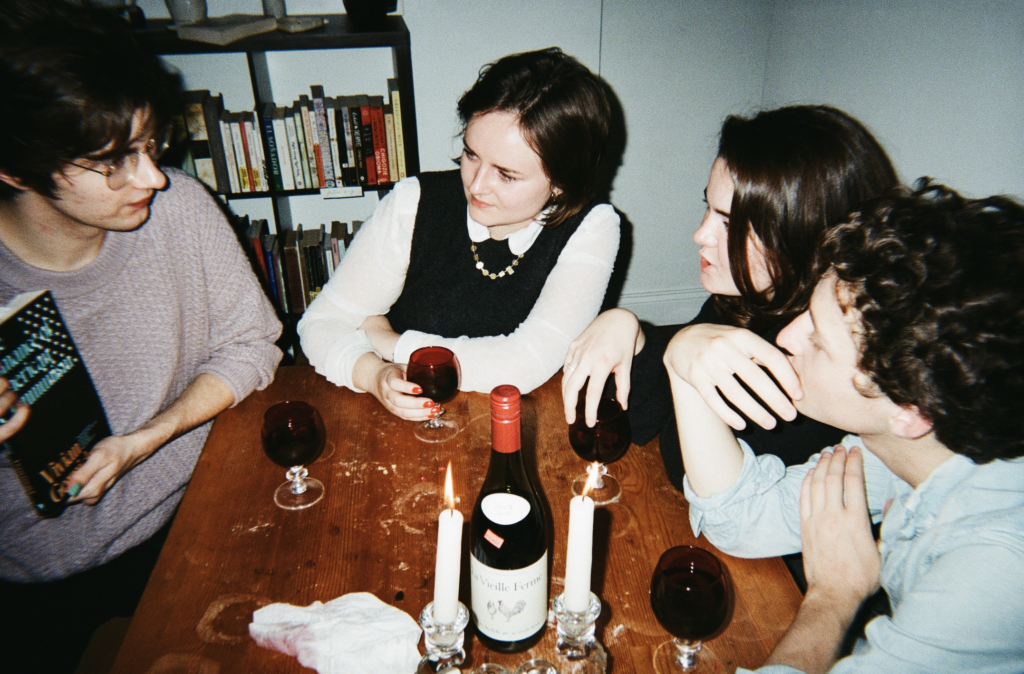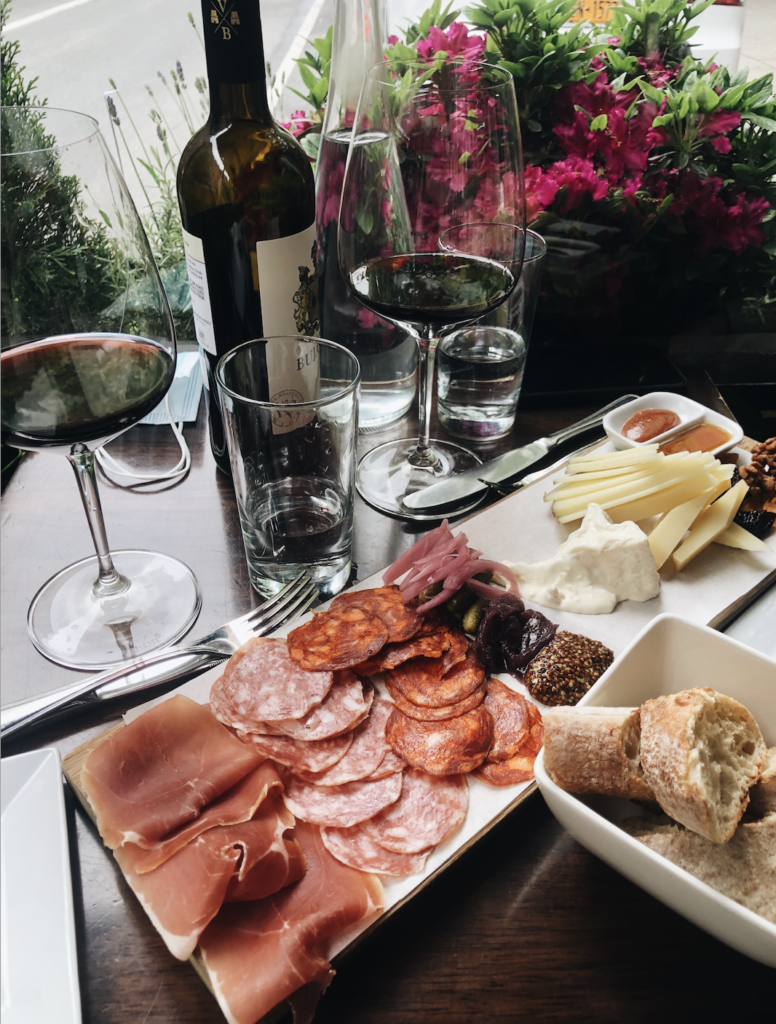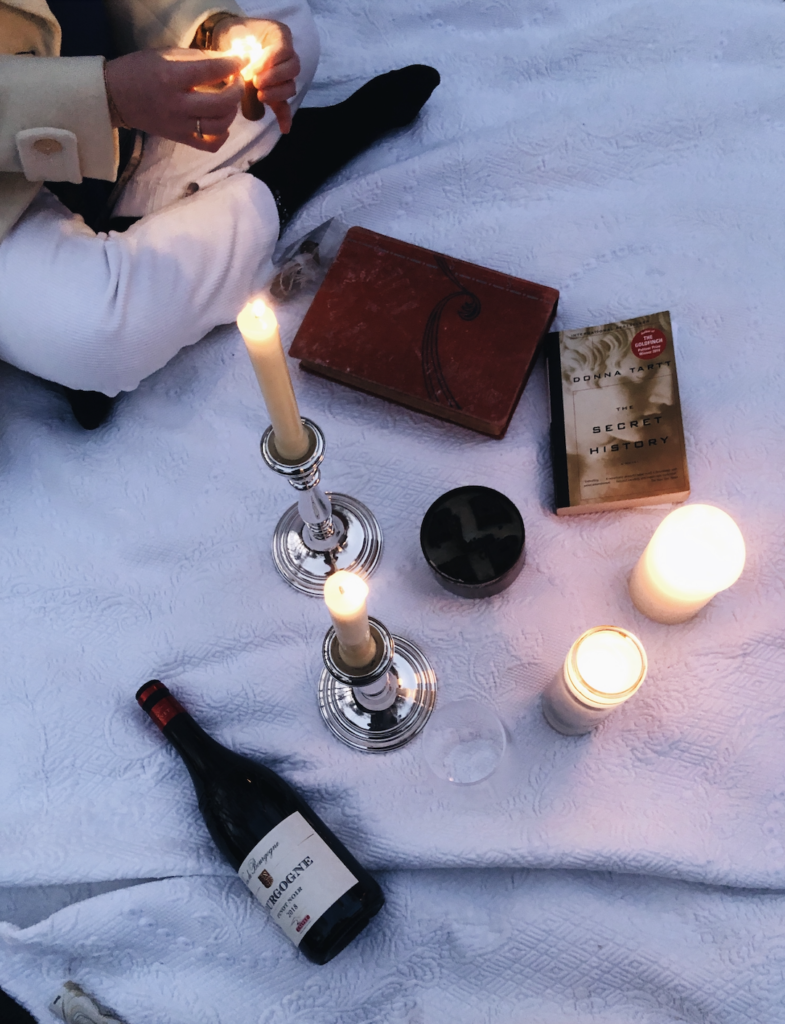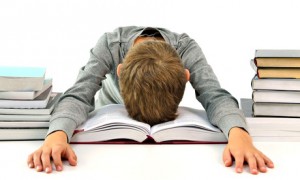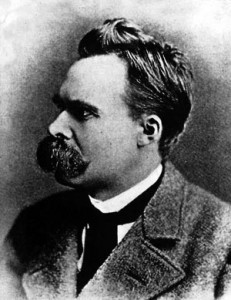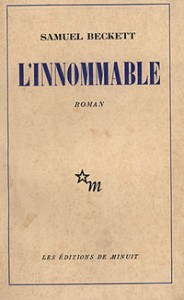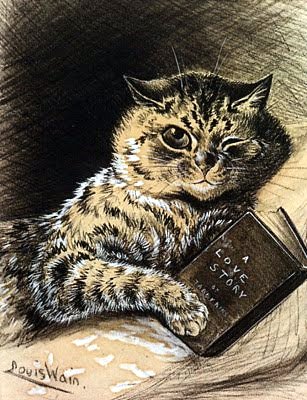Surely we have all come across this question once or twice before in our lives—the one Netflix asks you when you have been watching TV all day and they want to do a cute little check in to make sure you’re still there. At which point you pause, think to yourself, “wow, have I really been watching all day?” and then you proceed to hit “continue watching.” What fun!
If there was a time that we needed entertainment the most, it was during the pandemic. We were cut off from our friends, our family members, our neighbors, and basically everyone who we didn’t already live with, and aside from worrying about our safety, it was a time of mass boredom. We seemed to have so much time on our hands, so what were we to do with it?
At the beginning, for me at least, keeping busy took the form of watching TV. It was easy to do before, in between, or after Zoom classes, and it doesn’t take a lot of energy to keep you engaged. I had just gotten Disney+ the previous winter, and during a time of increased isolation, you could say I was feeling a bit nostalgic. I started watching some of my favorite childhood TV shows like Wizards of Waverly Place. Then, I obviously had to undertake the very strenuous task of watching all of the Marvel movies in timeline order. I later started watching the more predictable teenage fan favorites, like The Vampire Diaries and Outer Banks, and after finally succumbing to all of the traction it was gaining on TikTok and Twitter, I regrettably watched the first season of Tiger King (key word, first). As many I’m sure can agree, it was a time that was favorable to consuming all kinds of content in whatever way we could get it.
But the allure of the television could only last for so long, and soon I was looking for other things to do once my time freed up after classes were done for the semester. First, it was making friendship bracelets (which turned out terrible), then it was painting any and everything in my room (not as bad as the friendship bracelets but still not my best work), and finally it was doing 1000-piece jigsaw puzzles (subtle flex, I know).
My family was also trying to find new ways to spend time together, since we were all getting caught up in the monotony. We started getting takeout every Wednesday so we could have a treat to look forward to, even though we usually just rotated between our usual favorite restaurants. When the weather started to get nice and it was safe to spend time with people outdoors, we took our dog on a family walk every Sunday at nearby parks and trails. Although I did not love getting up early on weekends, it was a nice way to get some exercise, leave the house, and spend time with my family.

At school, trying to find ways to be social and have fun while keeping myself and others safe was also a challenge. We couldn’t go back to doing all the things we enjoyed doing at college, but we just had to find new things and expand our horizons. For instance, during the fall of 2020, my roommates and I went to a pumpkin patch to pick pumpkins and get ice cream. It was a great way to do something fun while also abiding by COVID-19 guidelines.

Out of all the activities I did to keep myself occupied during the pandemic, the thing that I did the most was read. Throughout my life, I have always loved reading—getting lost in fictitious worlds, being inspired by my favorite characters. When I was little, I would go through books incredibly fast, especially if they came from the Magic Tree House series. Of course, children’s books are shorter, but I also just had more time and energy to immerse myself in a good read. In middle and high school, I still loved to read, but I didn’t make it as much of a priority as other things—like homework, sports, and extracurriculars. It wasn’t until quarantine that I truly began to rekindle my love for reading. I would take my books, lay outside in the sun, and read for hours. I also started to read a little bit each night before I went to bed, which had one of two effects: either it would help me fall asleep, or it would keep me up half the night turning the pages. Regardless, I made a promise to myself that I would read a little bit each day, even while I was at school; reading was not only something that I loved to do, but it was also a great form of escapism during a time when many of us needed it most.
Our lives are so busy that we rarely take the time to pause and do things for ourselves. We always come up with excuses or push things off, but it’s important to make time for things that matter to us. Of course, work will always be important, but finding small moments every day to do something for you—even if it’s just a chapter a night—can be just as important, whether you are at school or at home. Honestly, if the pandemic had not come along to slow things down, I might not have realized just how caught up I was in the motions of everyday life. I think that sometimes we feel like entertainment is synonymous with wasting time, but it’s always important to take a breather, blow off some steam, and immerse yourself in something that makes you happy. It won’t always come easy, since as I’m sure we can all attest, these last few years have introduced us to a feeling of fatigue like no other, one that makes social activities or hobbies feel just as draining as work. Finding what gives you joy comes in bits and pieces and changes all the time, so just remember to be patient with yourself.
And, if you’re looking to start your own version of take-out Wednesdays, use this coupon to get 10% off Indian cuisine from Punjab Palace!

By: Katie Reed
Katie Reed is a senior at Villanova University studying English and Communication. She is in utter disbelief that she just admitted to being a senior. She loves to read, but has made barely a dent in the increasingly large pile of books on her bookshelf that she told herself she would read this summer. She hopes to enter a career in the editing and publishing industry.
For over 20 years, the Campus Clipper has been offering awesome student discounts in NYC, from the East Side to Greenwich Village. Along with inspiration, the company offers students a special coupon booklet and the Official Student Guide, which encourages them to discover new places in the city and save money on food, clothing, and services. At the Campus Clipper, not only do we help our interns learn new skills, make money, and create wonderful e-books, we give them a platform to teach others. Check our website for more student savings and watch our YouTube video showing off some of New York City’s finest students during the Welcome Week of 2015.


